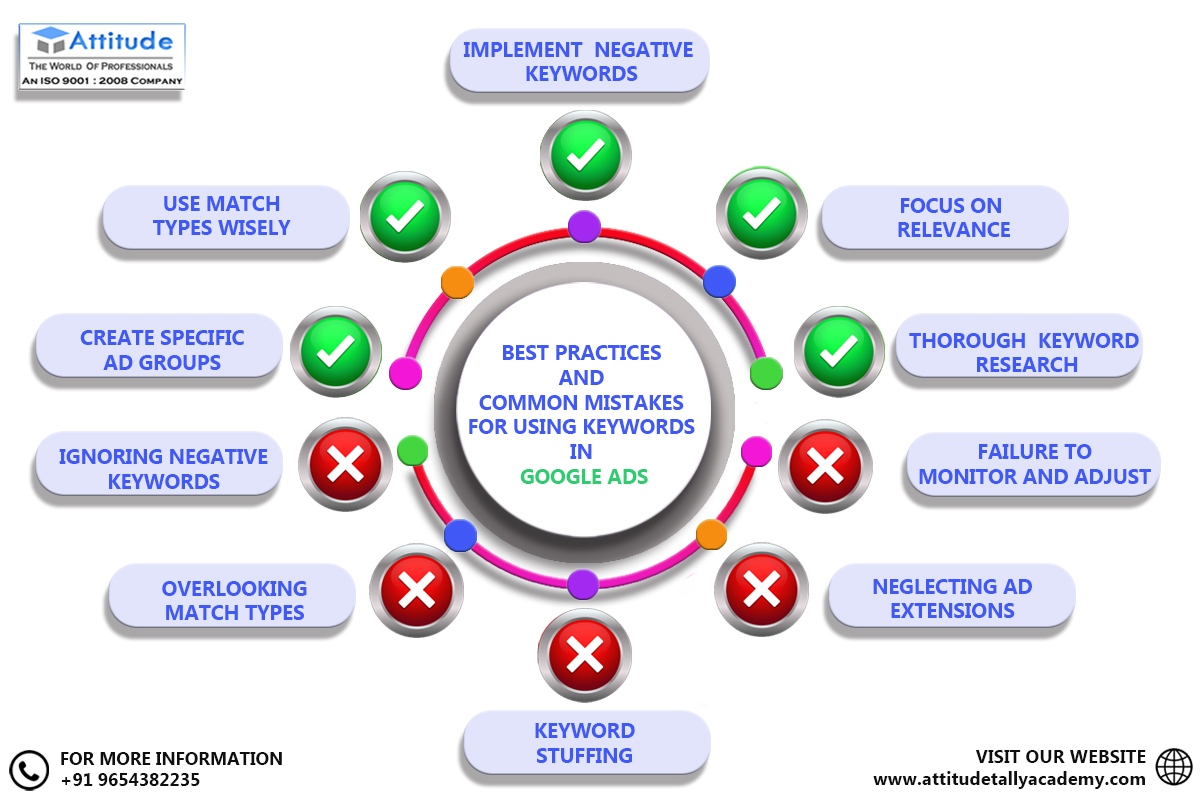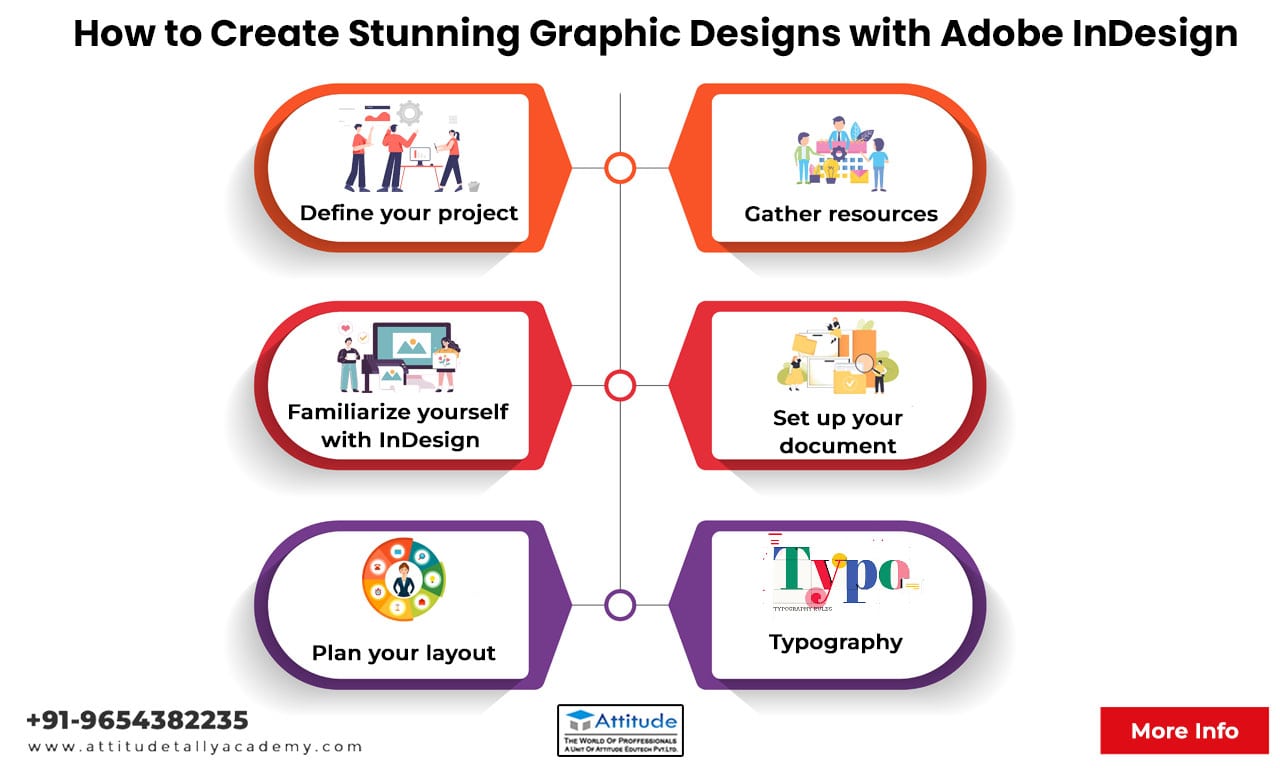Introduction
When it comes to running successful Google Ads campaigns, keywords are the linchpin of your strategy. Properly selecting and using keywords can make the difference between a profitable campaign and a drain on your marketing budget. In this blog post, we’ll explore the best practices and common mistakes of using keywords in Google Ads.
Best Practices
Thorough Keyword Research:
The foundation of any successful Google Ads campaign is thorough keyword research. Start by identifying a broad list of relevant keywords using tools like Google Keyword Planner, SEMrush, or Ahrefs. Analyze search volume, competition, and user intent to select the most appropriate keywords for your campaign.
Focus on Relevance:
Ensure that your chosen keywords are highly relevant to your products or services. Avoid broad or generic keywords that may attract irrelevant clicks. The goal is to reach users who are genuinely interested in what you offer.
Implement Negative Keywords:
Negative keywords are just as important as regular keywords. They allow you to filter out irrelevant traffic and save your budget for the most valuable clicks. Continuously monitor your campaign’s search terms report to identify and add negative keywords.
Use Match Types Wisely:
Google Ads offers different match types: Broad Match, Broad Match Modifier, Phrase Match, and Exact Match. Use these match types strategically to control the level of precision in your targeting. For example, use Exact Match for high-intent keywords and Broad Match Modifier for broader reach with a level of control.
Create Specific Ad Groups:
Organize your keywords into specific ad groups, ensuring that ad copy and landing pages align with the chosen keywords. This improves ad relevance and quality score, leading to lower costs per click and better ad positions.
Regularly Review and Adjust Bids:
Don’t set your keyword bids and forget them. Review your campaign performance regularly and adjust bids based on factors such as conversion rate, ROI, and competition. This will help you maintain cost-effectiveness.
Common Mistakes
Ignoring Negative Keywords:
Neglecting negative keywords is a common mistake. Without them, your ads may appear for irrelevant searches, leading to wasted budget and low-quality traffic. Regularly review your search terms report and add negative keywords to filter out unwanted clicks.
Overlooking Match Types:
Using only Broad Match keywords without considering match types can result in your ads showing up for unrelated queries. On the other hand, relying solely on Exact Match keywords can limit your reach. Striking the right balance between these match types is crucial.
Keyword Stuffing:
Stuffing your ad copy and landing pages with keywords might seem like a good idea, but it can harm the user experience and ad quality score. Google’s algorithms can penalize this practice, leading to higher costs and lower ad positions.
Neglecting Ad Extensions:
Ad extensions provide additional information about your business and can significantly improve ad performance. Utilize extensions like sitelinks, callouts, and structured snippets to make your ads more informative and compelling.
Failure to Monitor and Adjust:
Once your Google Ads campaign is live, it’s vital to regularly monitor its performance. Failing to do so means you could miss opportunities for improvement, such as adjusting bids, refining keywords, or optimizing ad copy.
Conclusion
Best Practices and Common Mistakes of using keywords in Google Ads. Google Ads is essential for achieving your advertising goals. By following the best practices mentioned above and avoiding common mistakes, you can maximize the ROI of your advertising budget. Remember that Google Ads is a dynamic platform, so ongoing optimization and adaptation are key to success. Stay vigilant, and your campaigns will continue to perform at their best.




